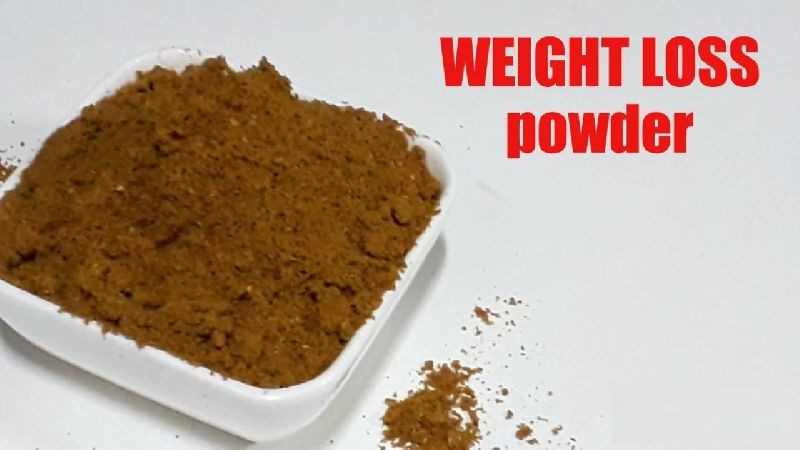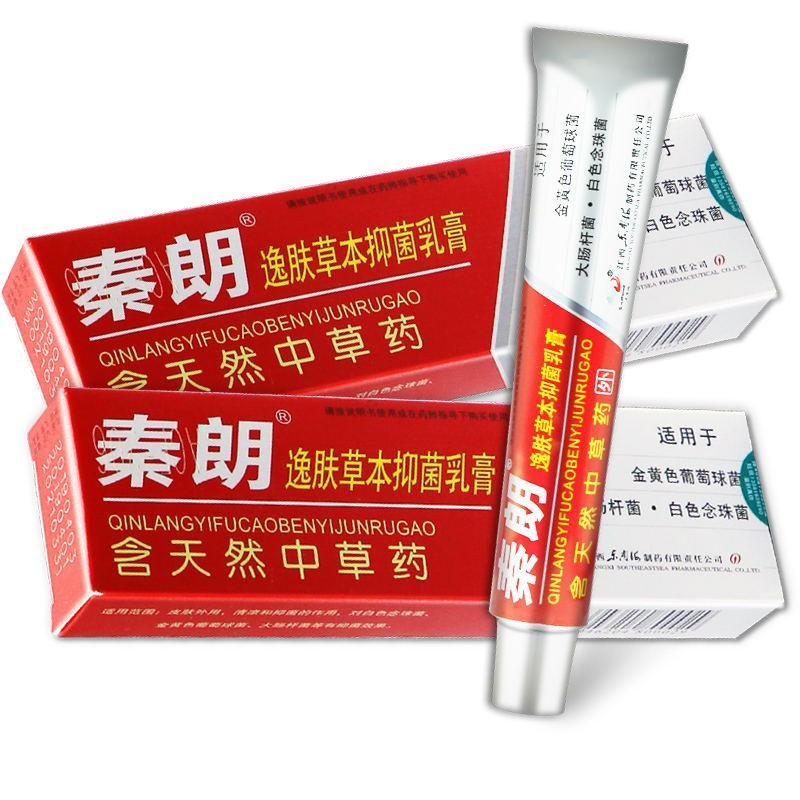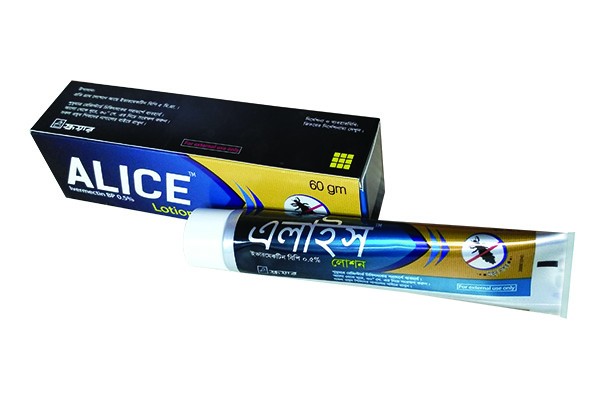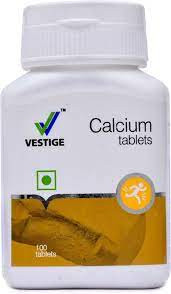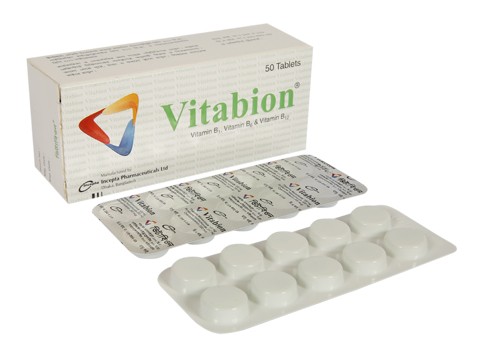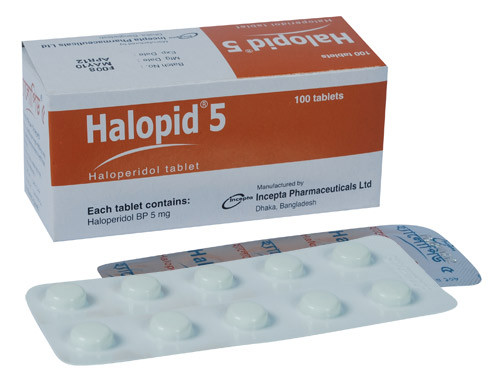

Halopid Tablet 5 mg (10Pcs)
Inhouse product
-
৳1,030.00
৳1,550.00 -
৳10.00
৳12.00 -
৳280.00
৳500.00 -
৳127.00
৳132.00 -
৳900.00
৳1,300.00 -
৳112.00
৳120.00
Reviews & Ratings
Indications
Adults:
- Schizophrenia: treatment of symptoms and prevention of relapse (oral and IM)
- Other psychoses, especially paranoid (oral and IM)
- Mania and hypomania(oral and IM)
- Mental or behavioural problems such as aggression, hyperactivity and self- mutilations in the mentally retarded and in patients with organic brain damage
- As an adjunct to short-term management of moderate to severe psychomotor agitation, excitement, violent or dangerously impulsive behavior (oral and IM)
- Intractable hiccup (oral)
- Restlessness and agitation in the elderly (oral)
- Gilles de la Tourette syndrome and severe tics (oral)
- Nausea and vomiting (IM)
Children (Oral administration only):
- Childhood behavioral disorders especially when associated with hyperactivity and aggression
- Gilles de la Tourette syndrome
- Childhood schizophrenia
Therapeutic Class
Pharmacology
Dosage
Oral Administration-
Adults: Schizophrenia, Psychoses, Mania and Hypomania, Mental or behavioral problems, Psychomotor agitation, Excitement, Violent or dangerously impulsive behavior, Organic brain damage.
Initial dosage:
- Moderate symptomatology 1.5-3.0 mg bd or tds.
- Severe symptomatology/resistant patients 3.0-5.0 mg bd or tds. The same starting doses may be employed in adolescents, who in certain cases, may require up to 30 mg or exceptionally up to 60 mg/day
- In resistant schizophrenics daily dosages up to 100 mg (or rarely up to 120 mg) may be necessary to achieve an optimal response.
Maintenance dosage:
- Once satisfactory control of symptoms has been achieved dosage, dosage should be gradually reduced to the lowest maintenance dose, often as low as 5 mg/day. Too rapid a dosage reduction should be avoided.
- Restlessness or agitation in elderly: Initial dose 1.5- 3.0 mg bd or tds titrated to attain an effective maintenance dose (1.5-5.0 mg daily)
- Gilles de la tourette syndrome/Severe tics/Intractable hiccup: Starting dose 1.5 mg tds adjusted according to response. A daily maintenance dose of 10 mg may be required in Gilles de la tourette syndrome.
Children:
- Childhood behavioural disorder/schizophrenia: Total daily maintenance dose of 0.025-0.05 mg/kg/day. Half the total dose should be given in the morning and the other half in the evening, up to a maximum of 10 mg daily. Not recommended for parenteral use in children.
Parenteral Administration-
Administered intramuscularly in doses of 2 to 5 mg, is utilized for prompt control of the acutely agitated schizophrenic patient with moderately severe to very severe symptoms. Depending on the response of the patient, subsequent doses may be given, administered as often as every hour, although 4 to 8 hour intervals may be satisfactory. The maximum dose is 20 mg/day.
Administration
Interaction
Contraindications
Side Effects
Pregnancy & Lactation
Precautions & Warnings
Overdose Effects
Storage Conditions
Frequently Bought Products
-
৳1,030.00
৳1,550.00 -
৳10.00
৳12.00 -
৳280.00
৳500.00 -
৳127.00
৳132.00 -
৳900.00
৳1,300.00 -
৳112.00
৳120.00
Online Shopping Bangladesh : MShopBD-Majumder Shop
MShopBD-Majumder Shop Online Shopping in Bangladesh is the Best Shopping store within 10000+ products cash on delivery in dhaka, Khulna, ctg & all over Bangladesh with COD-cash on delivery (Only Shipping Cost Advance ) under by www.esdp.gov.bd (bangladesh.gov.bd ) Home Delivery all Over Bangladesh different location and shop as like as Multivendor Online Sites in BD.
Thank you for choosing MShopBD - Majumder Shop!
